#28: Give Antagonists Redemptive Qualities
I spend a lot of time playing with dolls with my 5-year-old daughter. She likes to divide them up and make half of the dolls “good guys” and half of the dolls “bad guys.” The bad guys really like kidnapping other dolls and taking over the ice castle.
Sometimes when she assigns me the bad guys, I try to act out things like them sharing food with each other, or playing a game together.
“No, Mom!” she will exclaim. “They are bad guys. They can’t do anything good.”
In general, I’m really impressed by my daughter’s storytelling skills—I may be biased, but I feel like they are advanced for a 5-year-old—but I partially disagree with her on this one. It’s true that there are some antagonists who don’t do anything good, and there are some villains who are true and complete loners, but for the most part, antagonists often have some good or redemptive qualities. At the very least, there are reasons that other people support them and spend time with them.
John Willoughby is one of my all-time favorite antagonists from Austen. He’s the classic bad boy character, and in the novel Sense and Sensibility he doesn’t end up redeeming himself by giving Marianne the initial happy ending that she initially sought. Yet Austen still gives him some element of redemption.
Initial Good/Redemptive Qualities
John Willoughby is introduced through an act that screenwriter Blake Snyder would call a “save the cat” moment—Willoughby does something selfless and good that immediately endears him to us and to the characters. Marianne has fallen down a hill, and he lifts her and carries her home.
Score one for Willoughby.
As the story progresses, he demonstrates a number of good qualities, all of which Marianne prizes highly:
- Giving his time
- Generous with means (offering a horse to Marianne)
- Handsome
- Reading poetry and literature with Marianne
- Friendly and gets along well with almost everyone
And the Antagonism
While Elinor never quite trusts Willoughby, and finds some of these very behaviors problematic (it’s not really appropriate for Willoughby to give Marianne a horse, plus what would they do with it?) his antagonism quickly becomes clear to everyone.
He:
- Doesn’t actually solidify or finalize an engagement with Marianne
- Leaves and doesn’t return, and when Marianne goes to London, he avoids her and does not return her letter (or, as we would now say, he ghosts her)
Definition of “ghost” from Merriam-Webster dictionary.
- It turns out that he has previously gotten a teenage girl pregnant
- He marries another woman for financial reasons.
His Motives for Antagonistic Behavior
In the last two lessons I talked about different motives that Jane Austen gives her antagonists in Sense and Sensibility—selfish motives, negative motives, positive motives, and mixed or neutral motives. Having understandable motives, whether or not they are ones we support, give a character depth and reality. Willoughby possesses each of these types of motives:
- Selfish motives: Sleeping with an easily influenced teenage girl
- Negative motives: Disregarding propriety and societal expectations, playing with Marianne’s affections
- Positive motives: helping Marianne when she has fallen, realizing that he has genuine interest in her and trying to find a way to make a relationship possible
- Neutral motive: seeking financial stability/security: (in and of itself, the need for financial security is not a negative thing; it’s much more complex than that—many of Austen’s characters grapple with this, including Marianne and Elinor Dashwood in Sense and Sensibility, and, in her other novels, the Bennet sisters, Charlotte Collins, Anne Elliot, Jane Fairfax, and Fanny Price.)
Letting Willoughby Tell His Story
I took a graduate-level class on Jane Austen, and we spent a fair amount of time discussing a particular Willoughby scene that is not included in a number of adaptations.
This scene occurs when Marianne is extremely ill, due to a combination of heartbreak and spending too long in the cold and the rain (deathly illness due to these causes seems to be an occupational hazard of being a young woman in the Regency period).
Willoughby comes in the middle of the night and insists on speaking to Elinor. To his credit, he is extremely worried about Marianne’s health, and is grateful she has taken a turn for the better. At first, Elinor thinks that he must be intoxicated, but he is not, and he insists on Elinor listening to him, which she is not inclined to do:
“Mr. Willoughby, you ought to feel, and I certainly do—that after what has passed—your coming here in this manner, and forcing yourself upon my notices, requires a very particular excuse.—What is it, that you mean by it?”—
“I mean,”—said he, with serious energy—“if I can, to make you hate me one degree less than you do now. I mean to offer some kind of explanation, some kind of apology, for the past; to open my whole heart to you, and by convincing you, that though I have always been a blockhead, I have not been always a rascal, to obtain something like forgiveness from Ma—from your sister.”
Jane Austen then gives Willoughby page after page after page to explain himself. He admits all his terrible motives, including:
“Careless of her happiness, thinking only of my own amusement, giving way to feelings which I had always been too much in the habit of indulging, I endeavoured, by every means in my power, to make myself pleasing to her, without any design of returning her affection.”
We see his angst, his attempts to justify himself, his pride and selfishness, his arguments good and bad. And we see glimpses of redemption:
“The happiest hours of my life were what I spent with her, when I felt my intentions were strictly honorable, and my feelings blameless.”
Ultimately, Elinor comes to understand him a little, and to truly understand a person is a token of forgiveness, a gift of humanity for them and for the reader:
[Elinor’s] thoughts were silently fixed on the irreparable injury which too early an independence and its consequent habits of idleness, dissipation, and luxury, had made in the mind, the character, the happiness, of a man who, to every advantage of person and talents, united a disposition naturally open and honest, and a feeling, affectionate temper. The world had made him extravagant and vain—Extravagance and vanity had made him cold-hearted and selfish. Vanity, while seeking its own guilty triumph at the expense of another, had involved him in a real attachment, which extravagance, or at least its offspring, necessity, had required to be sacrificed. Each faulty propensity in leading him to evil, had led him likewise to punishment.
Ultimately, Elinor expresses her forgiveness to Willoughby. It’s a fascinating scene, worth reading its entirety. In general, Jane Austen’s antagonists are some of her most memorable characters, because they are full of depth, complexity, and nuance. Often we come to understand their motives and character quite well, but here, Austen gives him a gift not often given to antagonists: he is able to fully tell his own story. Unless the antagonist is a viewpoint character, it’s very uncommon for an antagonist to receive this opportunity. The ability for Willoughby to admit his faults doesn’t make his choices better. But it does force us as readers to truly walk in Willoughby’s shoes, which enhances the themes and tensions of the novel.
Redemptive Qualities
While most of the time an antagonist won’t have a chance to fully tell their story, in many cases we get a glimpse of their story. Their motives—positive, negative, and neutral—should be understandable, even if we don’t always agree with them. And at times, an antagonist should possess some redemptive qualities (for instance, in Pride and Prejudice, Lady Catherine de Bourgh is good and generous to Mr. Collins). This helps make the antagonists complex, nuanced, and memorable.
Exercise 1:
Take an antagonist that you have written into a story or plan to write. Give them the opportunity to explain themselves, whether through the form of internal monologue, a journal entry, a letter to a close friend, or a conversation.
Exercise 2:
Write a short personal essay about a time in your own life when you’ve had a chance to explain yourself and your behavior, or when you wish that you had gotten a chance to explain yourself.
Exercise 3:
Take a book, movie, or series that you know well and list at least five antagonists or villains present in the story. Then write down as many redemptive qualities as you can for each of these characters.

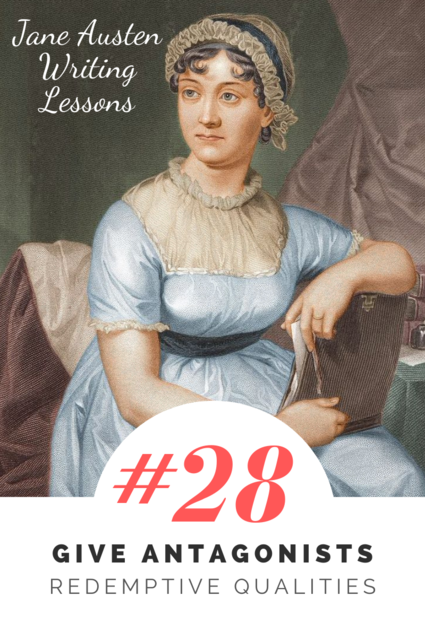
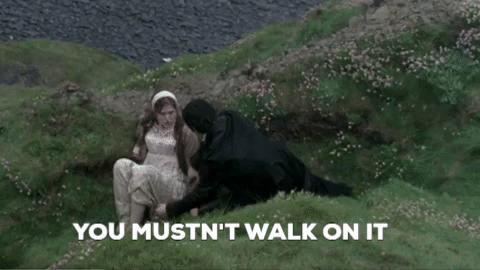
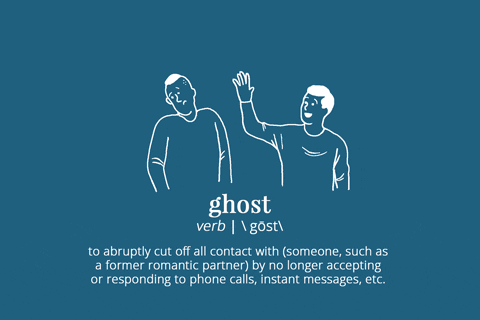

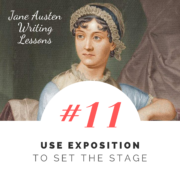
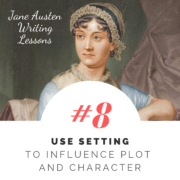
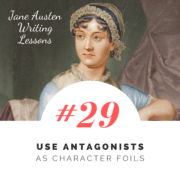
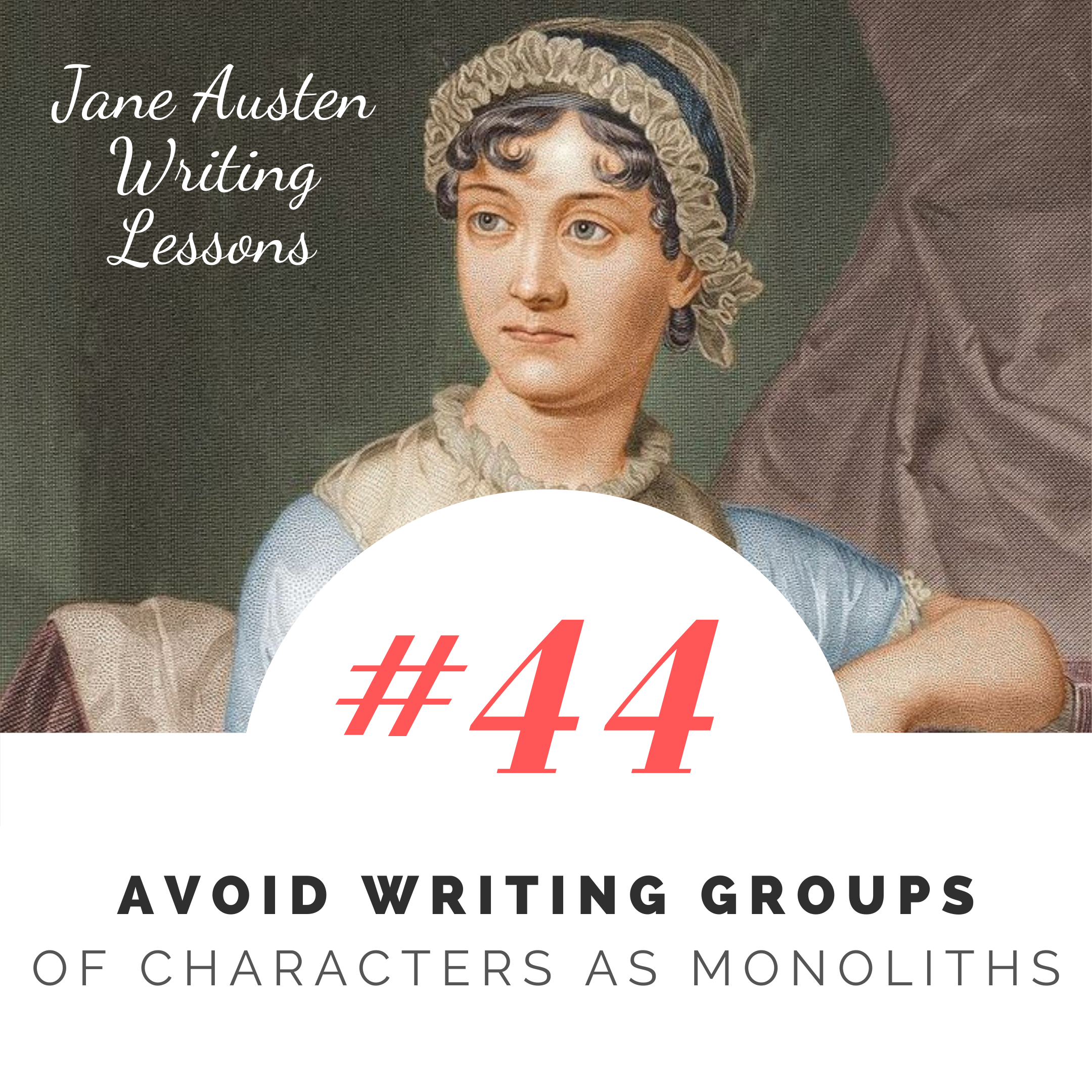
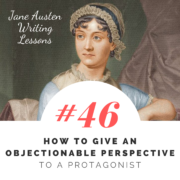
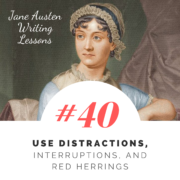
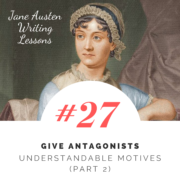
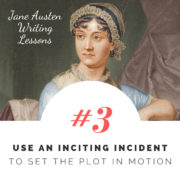


Leave a Reply
Want to join the discussion?Feel free to contribute!